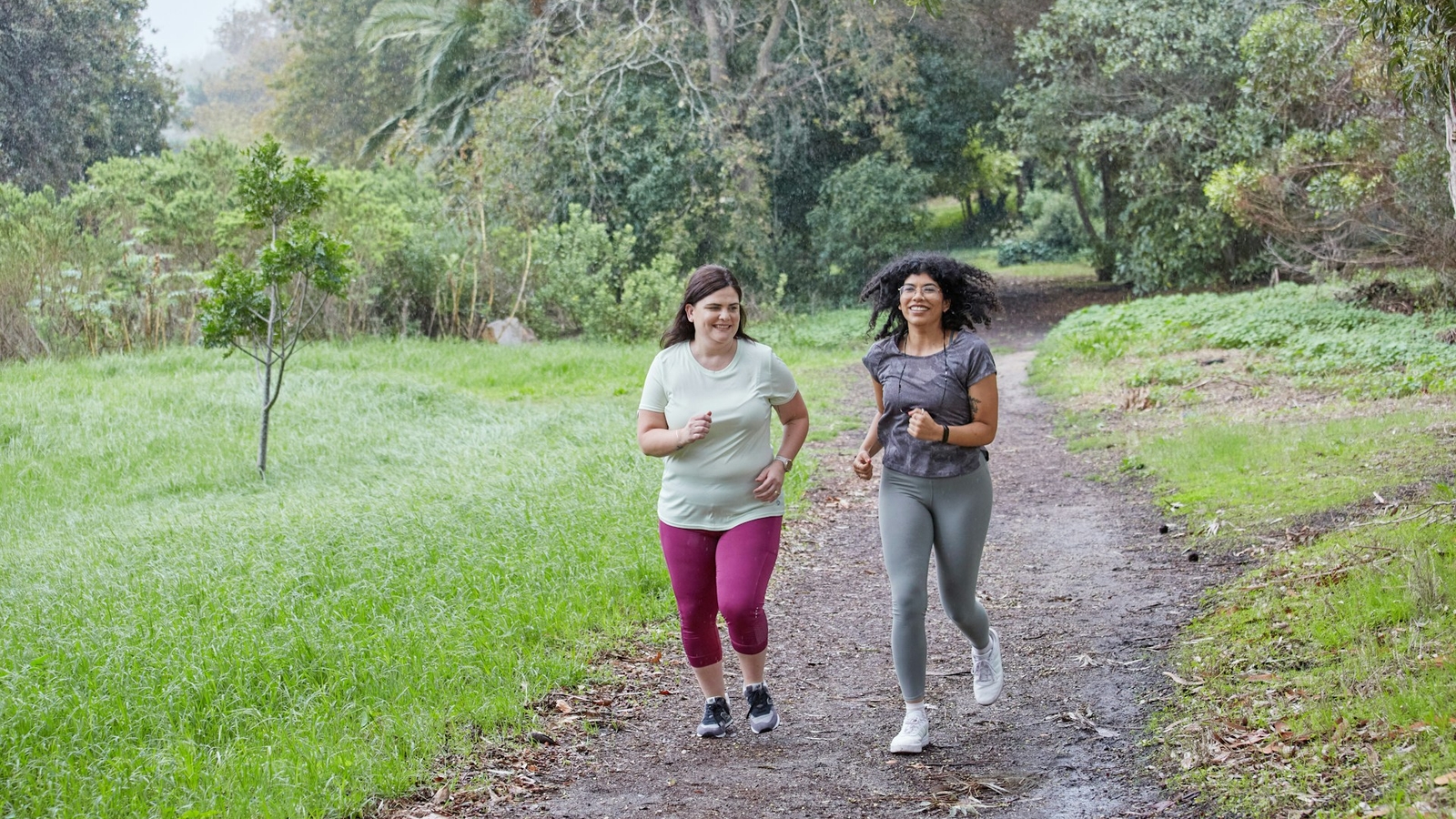
The Link Between Emotional & Environmental Health: Why It's Important
By Annie Button
Humans have an innate biological connection to the natural world, so it makes sense that there is an intrinsic link between our wellbeing and the environment we live in.
If you’re lucky to live or work in an attractive location close to nature you can feel happier and suffer less from stress. Alternatively, you might feel more anxious in a crowded and chaotic city. If you love where you live and have a positive relationship with your surroundings, you might also avoid or cope better with any feelings of eco-anxiety.
To celebrate this year’s Emotional Health Awareness Week (from the 19th to the 23rd of February), this article explores how taking care of yourself and living a more sustainable lifestyle looking after the environment around you can help to boost your emotional health.

Nurture Mental Health in Your Surroundings
The positive relationship between self-care and looking after your surroundings is well documented. In fact, research shows that nurturing and caring for your natural environment can keep you emotionally, psychologically and physically healthy. In addition, the hygiene of the place you live, and how healthy your workplace is, can sometimes be a barometer of your personal wellbeing.
If you prioritise self-care, you are more likely to feel grounded and able to make the best choices to support your lifestyle. Life coaching is about having the confidence and vision to create your own reality through your thoughts, beliefs and actions. In turn, being concerned about the environment can help people value their place in the world.
Therefore, building personal wellness and eco-friendly routines into your week can have a positive impact. For instance, using ethically-sourced beauty products, meditating, exercising and eating well with fresh produce are all healthy habits to adopt.
Likewise, you can implement sustainable habits into your daily life, such as minimising food or plastic waste, using environmentally-friendly products, buying from sustainable brands and opting for natural products wherever possible. You can also spend time growing indoor or outdoor plants, birdwatching, photographing nature or stargazing that all connect you to the natural world.

Spend Time in Nature
Spending time in nature and green spaces boosts your mood and alleviates sadness, low moods and anxiety, so it’s important for people of every age to understand what is meant by emotional intelligence and the transformative power of good emotional health.
For young people, learning to manage stress and avoid anxiety about the impact of climate change or other challenges in their lives is key.
In the wider sense, benefit from a greater access to any green and natural spaces nearby by spending more time visiting parks, gardens, seeing trees or even growing your own vegetables. Whether you are at home or even away on holiday, take the time to connect with nature or choose an eco-friendly destination to get closer to nature and strengthen your emotional connection, even when you travel to an unfamiliar environment.

Incorporate Nature into Living Spaces
Interior designers and architects have spent decades considering how to design environments to enhance living spaces that support our innate need for nature and to preserve the natural world and fight climate change.
The natural beauty and benefit of creating sustainable environments is epitomised in Biophilic Design. Derived from the word ‘biophilia’, this philosophy encourages people to be closer to nature and recognises the positive impact on mood that comes from bringing nature into the home.

Incorporating nature inside from outdoors, to improve your overall sense of wellbeing, can be achieved by enhancing your natural views from any room, being creative with living herb walls and cultivating greenery around a property. To boost an emotional connection to nature, you can also have larger windows and glass to draw in as much natural light (and fresh air) as possible.
Being immersed in nature creates a sense of tranquillity to alleviate anxiety even in the busiest of places. Likewise, being closer to water, swimming outdoors and incorporating water features into your life are healthy choices to make.
Creating spaces that incorporate even small elements of nature can enhance our mental and physical health by reducing stress and anxiety and promoting a general sense of wellbeing. Direct access to nature, plants, green spaces and daylight have been shown to reduce stress, improve mood and enhance cognitive function. Adding little touches like houseplants, nature-inspired artwork and raw textures in rugs/flooring can make a difference.
Therefore, buildings and workspaces that are immersed in nature, rather than isolated from it, can promote wellness and help to foster a healthier relationship between your emotional health and the environment you work in. Even prioritising indoor air quality fosters wellbeing. There has been plenty of research connecting poor health to unhealthy buildings and this has been recognised in the medical term, ‘sick building syndrome’.

Work Collectively in Your Community
Work collectively in your local community, on projects that can bring people together to care for their environment. In doing so, you can boost your mental health and wellbeing together for a shared and valuable cause.
Try encouraging your friends, colleagues and family to join any local recycling, beach cleaning, park clean-ups and eco-friendly or outdoor volunteer programmes.
Getting involved in sustainability efforts can help you all feel more connected to nature and your community. You can also advocate for more bike lanes, nature trails or for helping out in communal gardens to support your community’s green agendas.
The relationship between a positive mindset and a healthy environment is clear, with everyone needing to play a part in looking after themselves personally and their place in the world. It is therefore important to make small changes to live sustainably and get closer to nature to benefit your wellbeing. As a collective, you can support each other in prioritising everyone’s emotional health.



